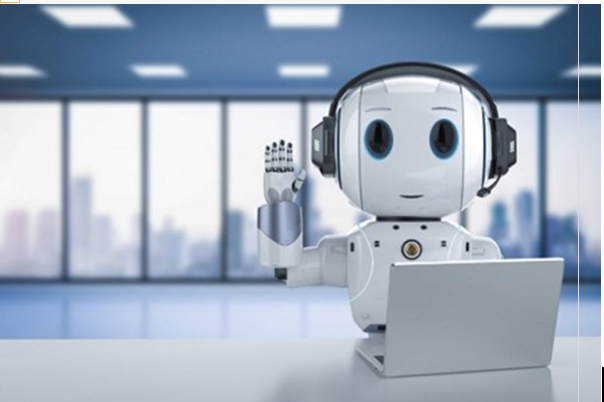In today’s fast-paced digital age, technology is constantly evolving, bringing forth new innovations and advancements that shape our lives. Staying informed about the latest tech trends has become essential to navigate and thrive in this rapidly changing landscape.
In this article, we will explore fifteen of the most significant tech trends that are reshaping industries and society. From Artificial Intelligence (AI) to autonomous vehicles, these trends hold immense potential to revolutionize the way we live, work, and interact with the world around us.
Artificial Intelligence (AI)
Artificial Intelligence, or AI, is a branch of computer science that focuses on creating intelligent machines capable of performing tasks that typically require human intelligence. AI has witnessed remarkable progress in recent years, enabling breakthroughs in various industries. From healthcare to finance, AI is transforming how we approach complex problems and make decisions.
The applications of AI are diverse and far-reaching. In healthcare, AI algorithms can analyze vast amounts of medical data to assist in diagnosing diseases and developing treatment plans. In finance, AI-powered chatbots provide personalized customer support and streamline financial transactions. AI is also making strides in autonomous vehicles, robotics, and natural language processing, among other fields.
However, the rise of AI has sparked debates about its impact on the job market and society at large. While AI creates new opportunities, there are concerns about automation leading to job displacement. Striking a balance between leveraging AI’s potential and addressing the ethical and societal implications it raises remains a crucial challenge.
Internet of Things (IoT)
The Internet of Things, or IoT, refers to a network of interconnected devices that can communicate and share data with each other over the internet. The IoT ecosystem encompasses everyday objects such as smart home appliances, wearables, and industrial sensors. By enabling devices to connect and exchange information, IoT opens up new possibilities for automation, efficiency, and convenience.
IoT has found applications in various sectors. In smart homes, IoT devices allow homeowners to control appliances, lighting, and security systems remotely. In healthcare, IoT devices can monitor patients’ vital signs and transmit real-time data to healthcare providers, improving the quality of care. IoT also plays a significant role in optimizing industrial processes, tracking inventory, and managing logistics.
While the potential benefits of IoT are immense, challenges such as data privacy, security vulnerabilities, and interoperability need to be addressed. As the number of connected devices continues to grow, ensuring robustness and reliability in IoT networks becomes increasingly important.
Blockchain Technology
Blockchain technology is a decentralized digital ledger that records transactions across multiple computers. Originally known for its association with cryptocurrencies like Bitcoin, blockchain has evolved to find applications beyond financial transactions. Blockchain’s distributed and transparent nature offers enhanced security, immutability, and trust in various industries.
One of the significant applications of blockchain is in supply chain management. By utilizing blockchain, supply chain participants can track and verify the origin, authenticity, and movement of goods. Blockchain is also being explored in sectors such as healthcare for securely storing and sharing patient data, reducing medical fraud, and enabling seamless interoperability between healthcare providers.
The potential for blockchain extends to financial services, voting systems, intellectual property protection, and more. However, challenges related to scalability, energy consumption, and regulatory frameworks need to be overcome for widespread adoption of blockchain technology.
5G Technology
The fifth generation of wireless technology, commonly known as 5G, promises faster and more reliable internet connectivity. With significantly higher data transfer speeds and reduced latency, 5G opens up possibilities for enhanced mobile experiences, smart cities, and advancements in various sectors.
The implementation of 5G networks enables faster download and upload speeds on mobile devices, transforming how we consume media, play games, and interact with online content. In smart cities, 5G facilitates real-time monitoring of infrastructure, improved traffic management, and efficient energy distribution. 5G is also a crucial enabler for autonomous vehicles, enabling faster and more secure communication between vehicles and their surroundings.
While the potential benefits of 5G are vast, challenges related to infrastructure deployment, compatibility with existing networks, and the availability of 5G-compatible devices need to be addressed. As 5G continues to roll out globally, its impact on various industries and everyday life is set to be significant.






